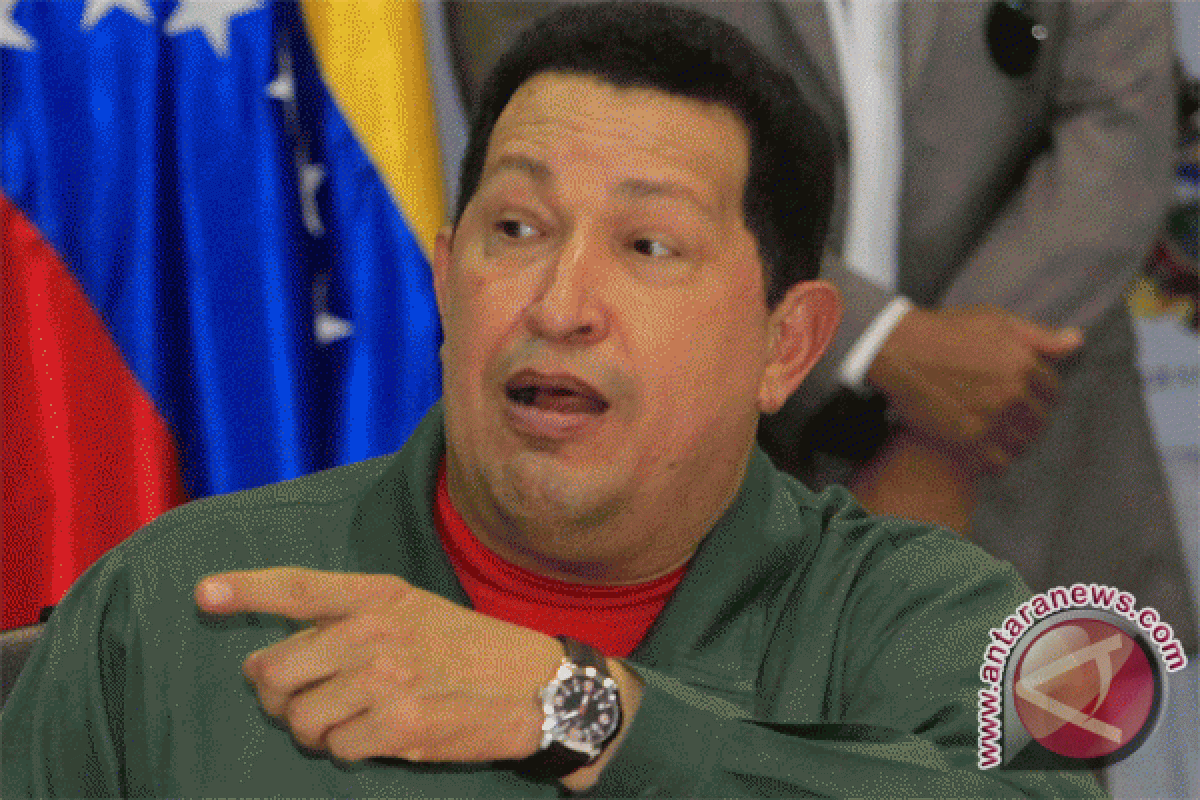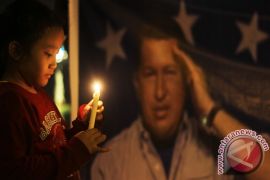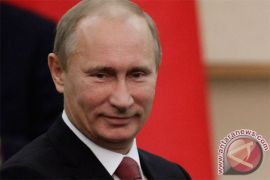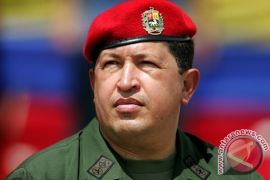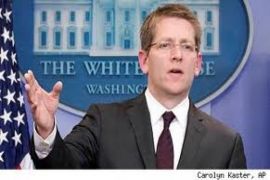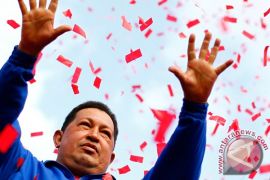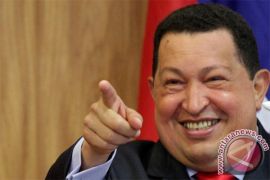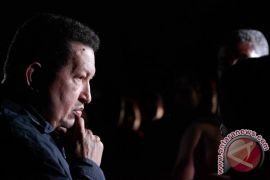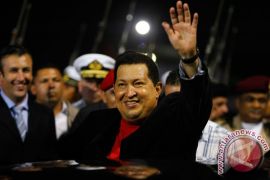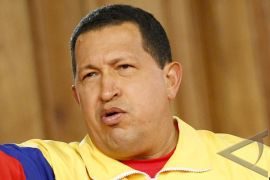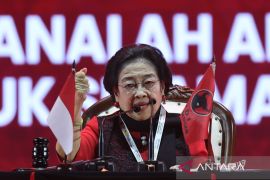But Information Minister Andres Izarra, who made the announcement Saturday, did not specify how many days the president would remain at a Cuban hospital where an operation to remove an abscess in his pelvic area was performed early Friday.
Izarra, who said he wanted to "reassure the Venezuelan people," noted that was Chavez was doing well and that the country`s citizens would continue receiving updates about his health.
He did not offer specifics.
Chavez has been on an official visit to Cuba since Wednesday.
According to Foreign Minister Nicolas Maduro, the abscess was discovered during a medical check-up performed on Chavez "by a trustworthy medical team."
The discovery prompted the president "to decide to immediately undergo a corrective surgical procedure," Maduro said.
The 56-year-old Venezuelan leader was accompanied at the hospital by his aides, doctors and some members of his family, the officials said.
A pelvic abscess is a pus-filled cavity normally caused by an infection. Treatment usually involves a surgical drainage and dead tissue removal, experts said.
After concluding his talks with Cuban officials Venezuelan Energy and Oil Minister Rafael Ramirez said Chavez was feeling well after the surgery and able "to follow all the issues that the country has to confront" at this moment.
But Ramirez, who admitted he was able to see the president only on Friday, said surgery "always implies a period of rest," adding that Chavez was "in the process of recuperation."
The disclosure of Chavez`s new health problem has generated diverse reactions in Venezuela, where people are accustomed to almost daily public appearances by the flamboyant president.
Supporters filled social information networks with messages wishing him a prompt recovery while opponents remained skeptical, describing the announcement as another political maneuver aimed at boosting Chavez`s popularity ratings.
"The president should give the National Assembly a report about his health in order to avoid uncertainty," demanded opposition lawmaker Maria Corina Machado in her Twitter message.
Venezuelans noted that in his address to the people, read by Maduro on Friday, Chavez urged Venezuelans to "continue consolidating the Bolivarian Revolution" during his recovery.
"I will gladly give up my life at the service of the suffering people," Maduro quoted him as saying.
Last month, Chavez was sidelined by a knee injury that forced him to stay away from public events for nearly a month.
The injury had also forced him the postpone visits to Ecuador, Brazil and Cuba.
Chavez was first elected on December 6, 1998, on a wave of discontent with the two traditional parties which had run the country for 40 years.
He says he began planning his revolution during two years he spent in prison for leading a failed military coup in 1992.
In recent years, Chavez has reduced military ties with the United States and increased arms purchases from alternative sources, such as Russia, Belarus and China.
Born to schoolteacher parents in the southwestern town of Sabaneta on July 28, 1954, Chavez studied at the Military Academy of Venezuela in Caracas. Twice divorced, he has four children.
(U.H-RN)
Editor: Priyambodo RH
Copyright © ANTARA 2011
